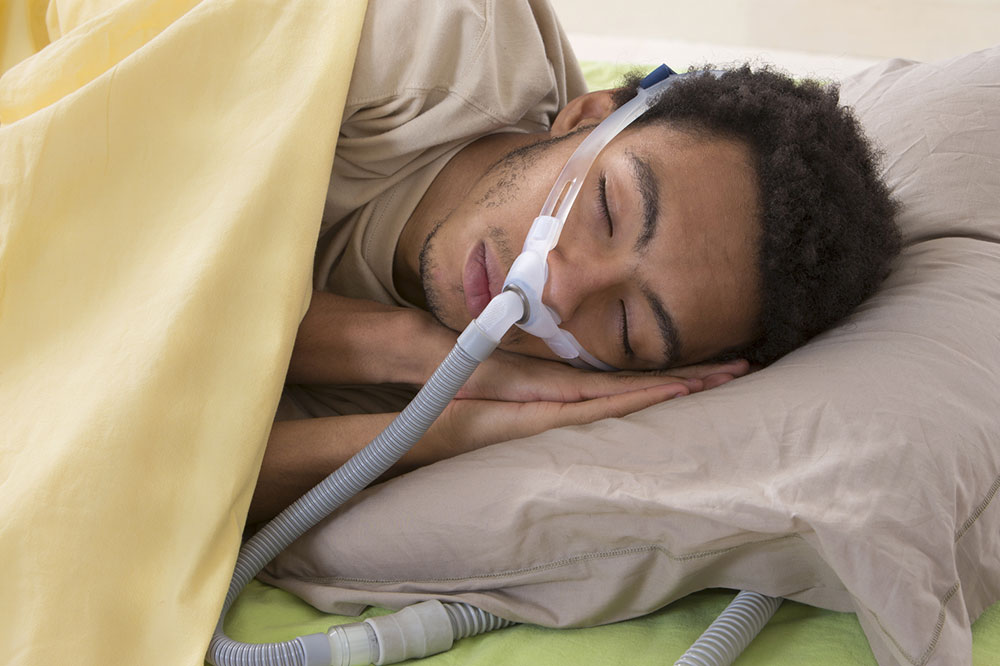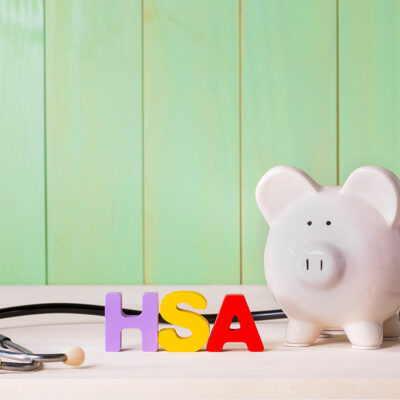
Main Symptoms and Risk Factors of Sleep Apnea
Sleep apnea is a sleeping disorder in which the process of respiration continuously pauses and resumes. It can potentially lead to life-threatening situations and is more common in men. Increased age and obesity are risk factors for this condition. This condition can be managed by making lifestyle changes and using a breathing device to sleep.
Here are some of the symptoms of sleep apnea:
When you are sleeping, the following symptoms may show up if you are affected by sleep apnea.
- Snoring loudly and intensely
- Gasping for breath subconsciously
- Restlessness
- Insomnia
- Poor quality of sleep
- Waking up suddenly and frequently during the night
- Not feeling rested after waking up from a night’s sleep
- Chest pain at night
- Headaches past waking up
- Nocturia (waking up in the middle of the night to urinate)
The symptoms that appear at night can significantly affect your behavior during the day. These symptoms include:
- Fatigue and sleepiness
- Headaches and extreme mood swings
- Trouble paying attention to a single thing and having a hard time concentrating on something
- Sexual dysfunction and lowered sex drive
- Poor memory
Other sleep apnea signs and symptoms include:
- Anxiety and depression
- Confusion and irritability
- Daytime drowsiness
- Heartburn and irregular heartbeat
- Palpitations
- Silent pauses in respiration
- Sounds of choking and gasping
Here are some risk factors of sleep apnea:
- If you are overweight or obese, your weight could serve as a risk factor for sleep apnea. This is especially true for people with a body mass index higher or equal to 25.
- Having a large neck circumference can affect the possibility of you developing sleep apnea. If your neck size is over 17 inches (if you are a man) and 16 inches (if you are a woman), you are at risk of this condition.
- Although sleep apnea can show up at any age, people whose ages lie within the range of 18 to 40 are more susceptible to this condition.
- The male gender is more likely to develop sleep apnea than the female gender. However, a woman’s chances of acquiring this condition can increase with menopause.
- Hypertension is a common factor that can increase the chances of the occurrence of sleep apnea. This is due to the high blood pressure that accompanies hypertension.
- Sleep apnea can affect people even if they’ve done absolutely nothing to earn it. Since it is a condition that is inheritable, you are at a higher risk of developing it if your family members have a history of sleep apnea or snoring. Inherited physical traits that can spike your chances of developing sleep apnea include obesity, recessed jaw, etc.
- Physical activity and your eating habits that contribute to the healthiness of your lifestyle can also play a major role in making you susceptible to sleep apnea.
- A narrowed airway can pose as a risk factor. A narrowed throat could be inherited or acquired through diseases like tonsils or adenoids that enlarge and obstruct the airway.
- The use of alcohol and sedatives can also considerably increase your chances of acquiring sleep apnea.


